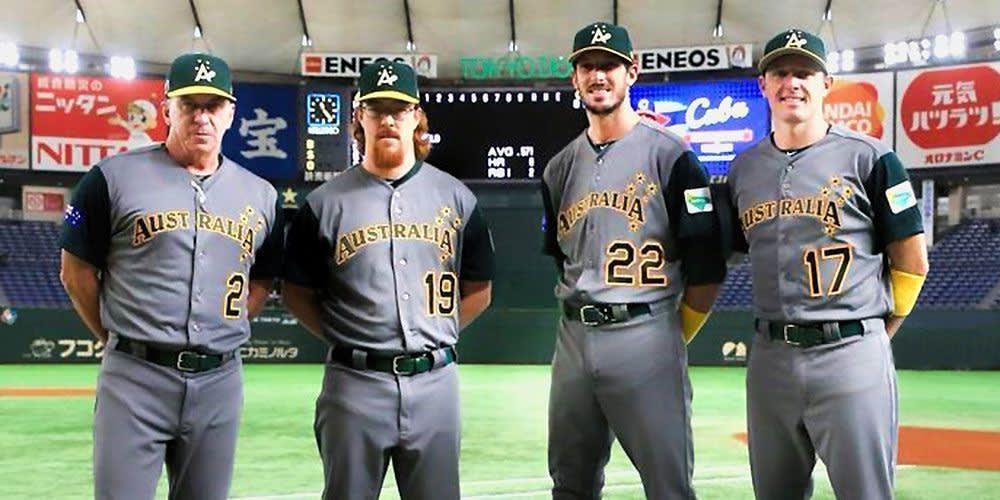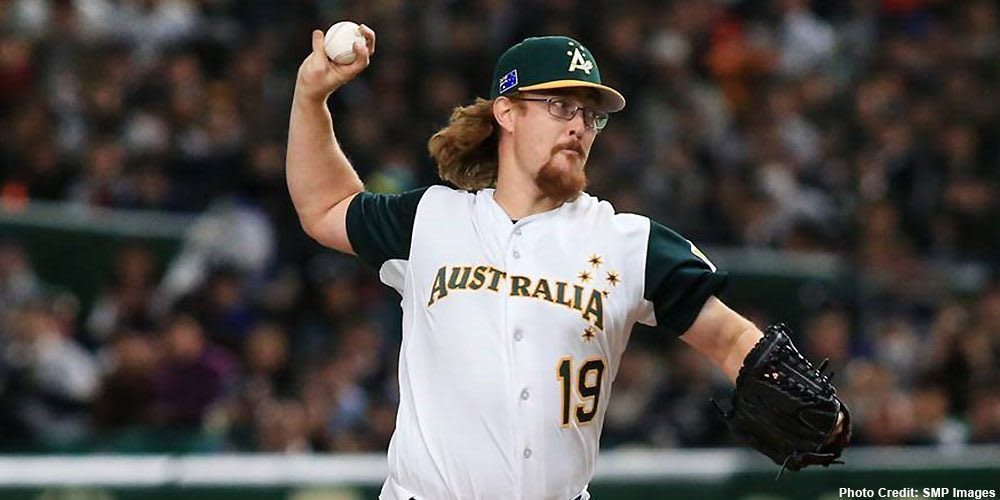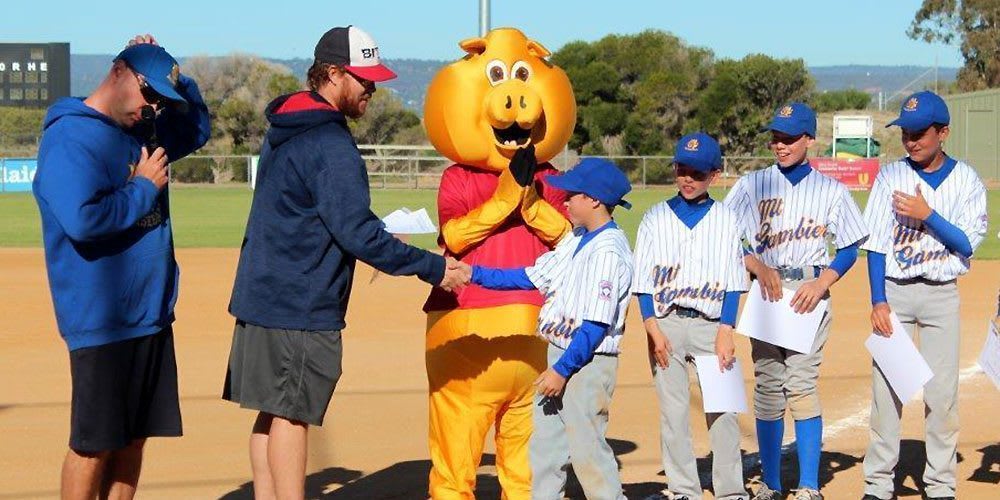Matt Williams was recently on the mound in front of 44,000 screaming fans in Tokyo Dome. While pitching for Australia in the 2017 World Baseball Classic(WBC), and having a five-year stint in the Minnesota Twins organization are impressive career accomplishments, it is watching Little Leaguers® grow as players and people in his native land that really excites the hurler.
Working with Mathew Sundstrom, Baseball Australia Head of Little League and the country’s District Administrator, Mr. Williams is the Little League® Assistant District Administrator (A.D.A.) for South Australia, which has more than 100 teams and has seen steady growth over the past three years. Recently, Little League caught up with Mr. Williams, who is also a pitcher for the Australian Baseball League’s Adelaide Bite, to discuss his experience at the WBC, how baseball in Australia has grown, and his favorite part of being a Little League volunteer.
Little League: What was it like pitching in the WBC?
Matt Williams: Pitching in front of 44,000 people was incredible. The WBC is the pinnacle for international baseball, and a really amazing experience. This was my second opportunity I had to play in the WBC (2013), and, as a team, we really improved, and that’s what is important – keep improving.
LL: In 2013, Australia made its first visit to Williamsport, and has seen steady success since then.
MW: We keep progressing as an organization, and that’s the biggest thing in running a Little League program. We now have Little League, Junior, and Senior divisions. Our Senior League team made it to the final last year. Little League play is the beginning of a pathway for us, which then goes from Junior to Senior to representative baseball like the WBC and Olympics. It all starts with Little League, though.
LL: You are the Player Pathway & Development Manager for Baseball South Australia. What does that role involve?
MW: Communicating the pathway’s clearly defined goal, and that is improvement with the ultimate prize at the end of the rainbow being a World Series. But, it all starts at the grassroots level and at the state level. It’s all about inspiring kids to grow as players and as people. The pathway gives them the opportunity to play with current friends, and new friends they meet along the way. It’s important for the pathway to include having fun because if kids don’t have fun, they won’t play anymore.

LL: You are also A.D.A. for South Australia. What’s your favorite part of being a Little League volunteer?
MW: I love watching the kids progress. I’m now seeing Senior League teams that started in Minors or Majors. Some have moved further, and are about to play in college or sign professionally. The Little League model works in the development of not just players, but good people. It’s about sportsmanship, camaraderie, fun, and teaching life lessons like how hard work and being a team player pays off. It’s about teaching kids how to do things the right way on and off the field. If you do all of that, you get rewarded, and that doesn’t always mean winning. Important results can be simply improving, and growing as a person. As a volunteer, I get to help build a community of baseball friends.
LL: You’ve pitched in the WBC, played in the Minnesota Twins organization, and currently pitch for the Adelaide Bite in the Australian Baseball League. What can professional players learn from Little Leaguers?
MW: To remember to enjoy the game. Once it becomes a job, some players lose that. You watch Little League kids play, whether locally or in tournaments, and it’s because they love to play. It’s fun. It’s about being with friends. When you watch games in the WBC, you see a lot of similar things as Little League – players having fun, being with their friends, and the result is some very good baseball.
LL: Baseball has certainly grown in Australia. What needs to happen to continue that growth?
MW: Baseball has gotten more popular, but it is still not a major sport in Australia, so it’s important to just keep promoting the game, and all that it has to offer. Because of the Little League model, we have seen rapid growth, but we need to keep raising awareness, and stress important points like our game is not gender specific. We need to keep promoting that while there are World Series tournaments to aspire to get to, it’s just as important to have fun with friends playing the game they love.

